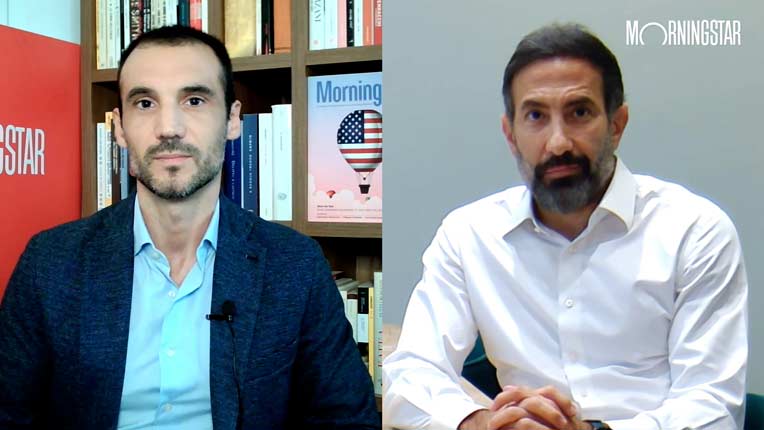Lukas Strobl: Liquid alternatives, widely available funds that employ hedge fund-like trades to benefit regardless of market direction, had a great 2022 when you had this tandem sell-off in stocks and bonds. This year has been a bit more complicated with a stock rally in the first quarter and a sideways market move since. I'm here with Morningstar Manager Research Analyst, Francesco Paganelli. He is our resident expert on liquid alternatives.
First off, Francesco, how has this year been going for these strategies so far?
Francesco Paganelli: I'd say they've done okay, but they definitely haven't shot the lights out like in 2022, as you were saying. So, you could say they've come back down to earth after a really strong year, especially on a relative basis. So overall, they've mostly generated low single digit returns for the first nine months of the year. So, think 1 to 3 percentage points, essentially.
Now, remember when we talk about liquid alternatives, we need to remind that it's really a collection of very different types of strategies. So, they are strategies that are designed to provide a steady return in all market environments like equity market neutral, or event driven funds. And the average fund in those categories has had a fair performance so far, but they've also had to face challenges. So, for example, because the number of mergers and acquisitions or announced new deals has slowed down in recent times, that narrows down the opportunity set for these managers.
But there are also alternative strategies that stand to benefit from up and down trends across different asset classes and therefore have a different return profile. That's the so-called systematic trend or trend-following funds. Now, these strategies had a fantastic year in 2022 because they were able to ride the uptrend in commodities and the downtrend in fixed income. 2023 has been more difficult because of the sharp reversal. For example, we have seen earlier this year when we saw the failure of Silicon Valley Bank in the U.S., even if, overall, they've held fairly well. In general, given the higher level of interest rates, alternatives are feeling much more the competition from fixed income today. And we see that in the asset flows data, for example. So, essentially, many investors have come back to the more traditional form of diversification for their portfolios, and that is the usual 50-50 or 60-40 mix of equities and bonds.
Strobl: So, what do you look for in a liquid alternative type strategy in the current environment?
Paganelli: Well, it always depends on the individual merits of the strategy. So, in other words, there is a strong element of strategy selection in this space. In that regard, we strongly recommend investors that they remain selective in this space and not lower their bar. So, that's not to say that it's impossible to find good liquid alternative strategies, but they are few and far between. And also, they are more complex to understand and time consuming to analyze. On top, how these funds are used in a portfolio is another key part of a successful investing outcome. And we think these strategies should really be considered as a strategic asset allocation building block rather than something used tactically where you get in and out quickly. So, market timing is extremely hard and investors risk leaving meaningful returns on the table by doing that. But it is even harder to time those that themselves are market timers.
So, to find funds well placed to outperform, be selective, focus on the individual merits, know what you're buying and use them strategically. That said, among the strategies under qualitative coverage by Morningstar's Manager Research team, one that has done relatively well this year and we think has merit is the BlackRock Global Event Driven strategy led by Mark McKenna. So, this strategy has several strengths relative to its peers, a very stable, focused and experienced management team, and a flexible risk-conscious process. So, this is a powerful combination as the team can opportunistically find value in different pockets of the market from hard catalysts, merger arbitrage deals to soft catalysts and credit.
Strobl: A fund class not for market timers and certainly not for beginners. Thank you for your pick, Francesco. For Morningstar, I'm Lukas Strobl.





























